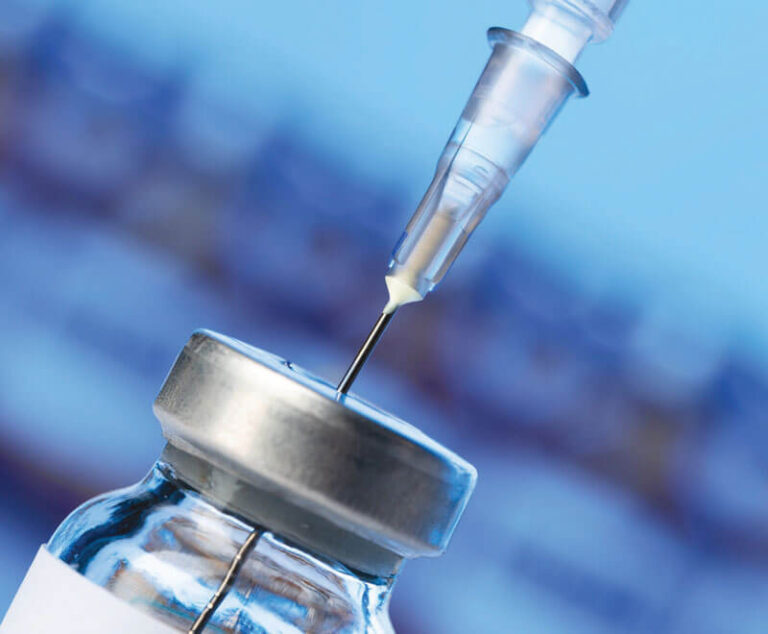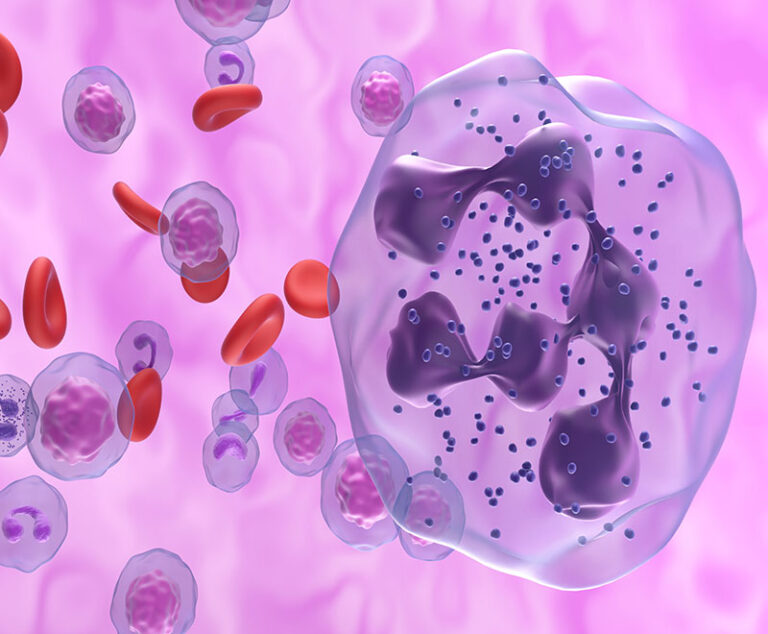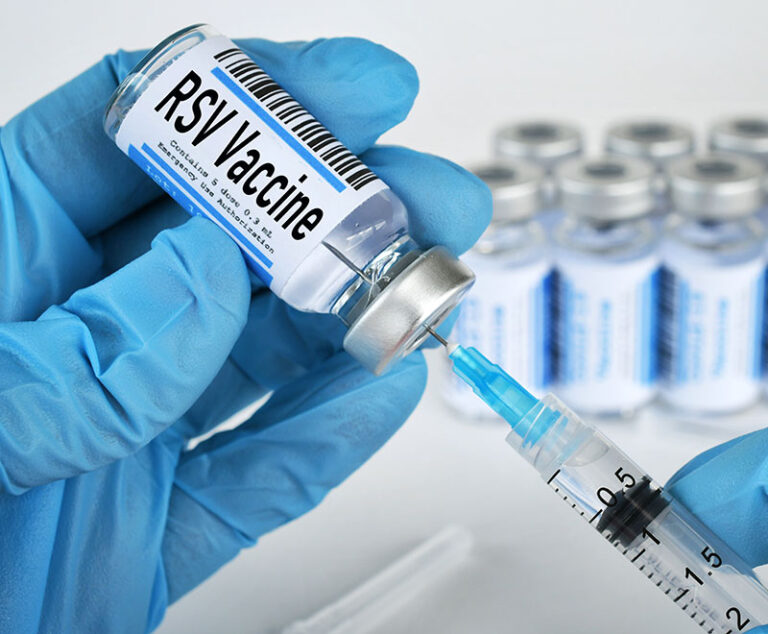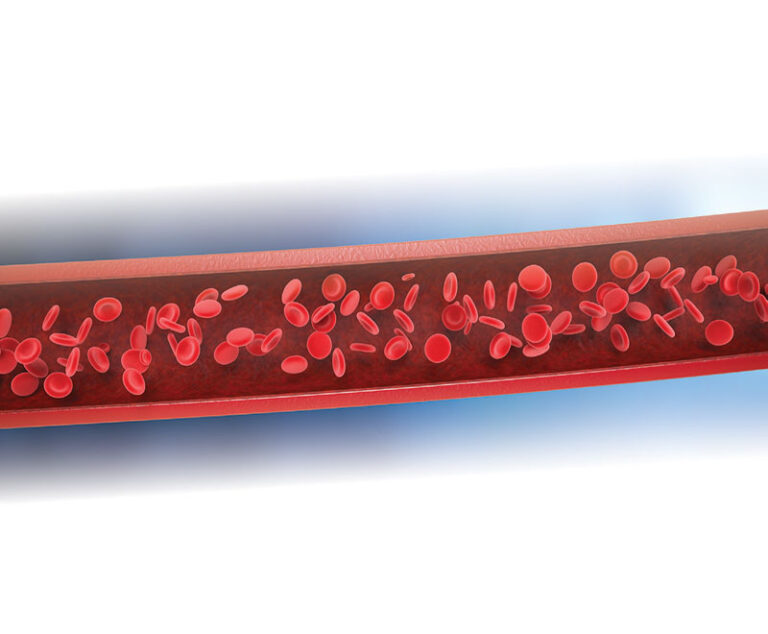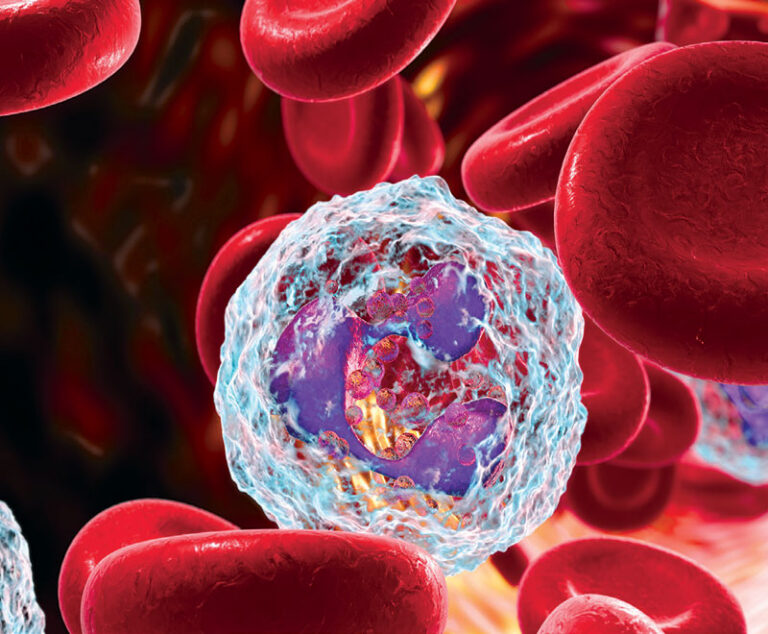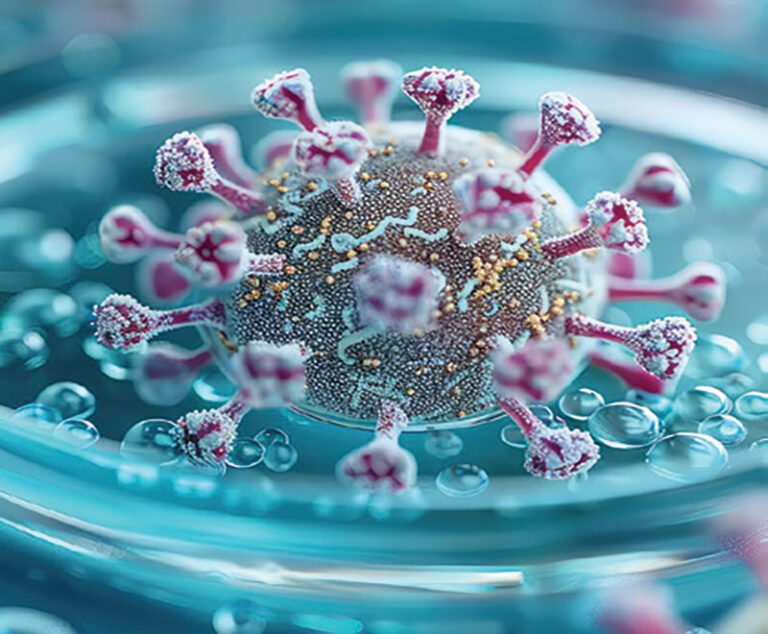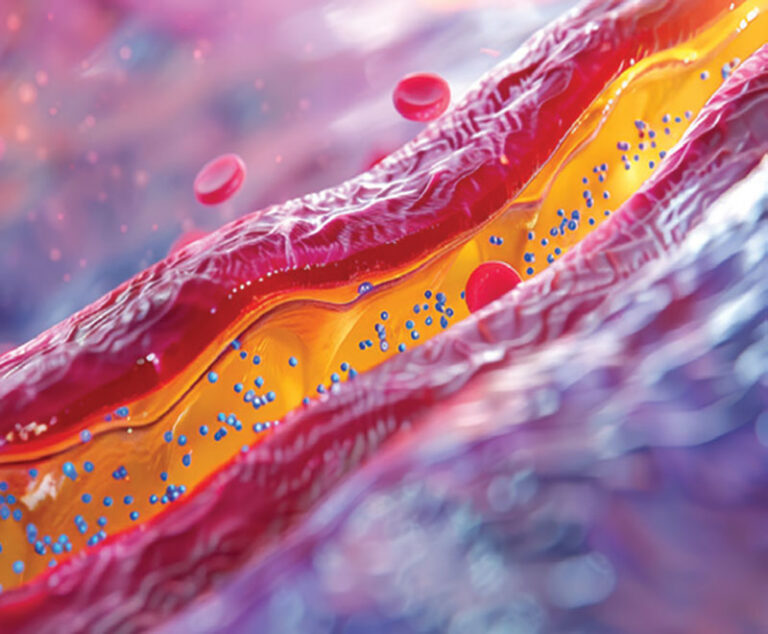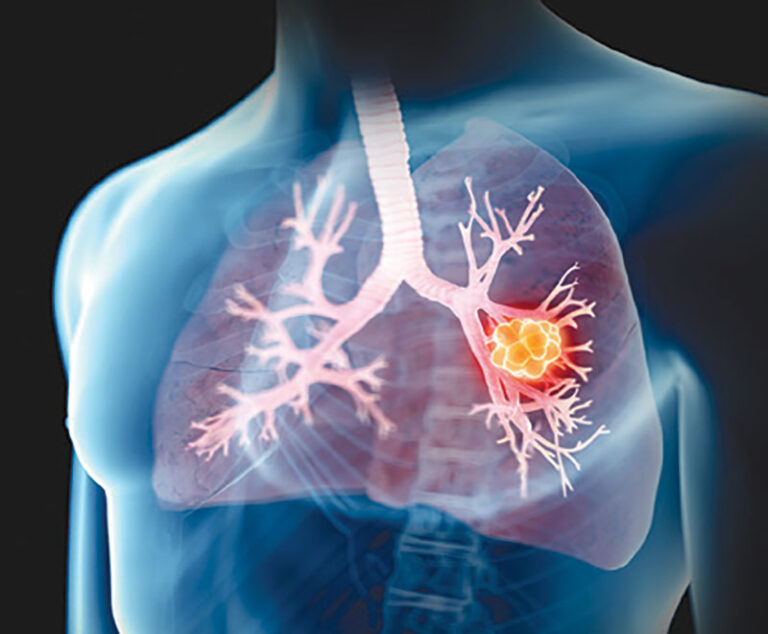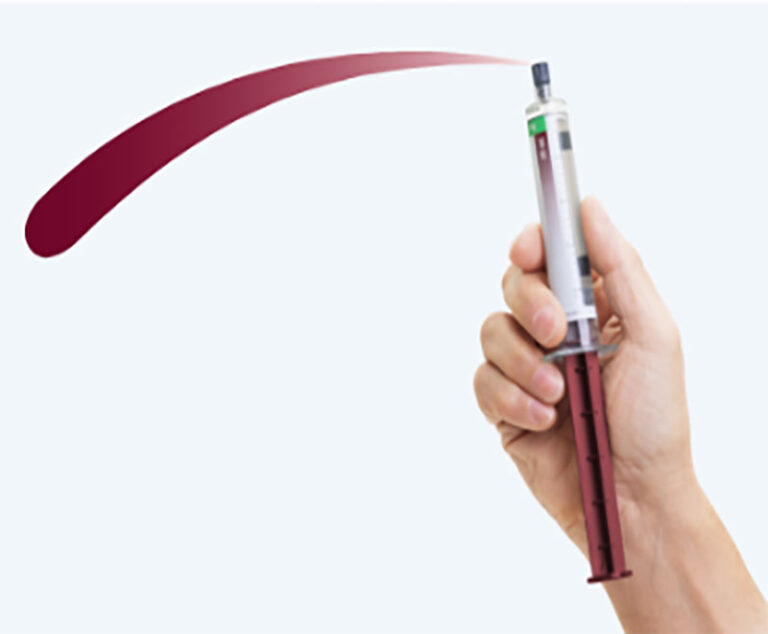Industry Insight
Information, Observation & Analysis
Although history has proven the success of vaccines in controlling the spread of diseases, emerging threats are concerning. However, hope is on the horizon with studies of newer vaccines.
Inborn errors of immunity (IEI) increase morbidity and mortality risks, particularly from respiratory tract infections. Hence, vaccination becomes pivotal for IEI patients.
Immune globulin replacement and prophylactic antibiotics are commonly used to prevent infections in patients with secondary hypogammaglobulinemia due to hematological malignancies but have never been directly compared.
Now that safe and effective RSV vaccines are finally available, more evidence of their direct health benefits in older Americans will be forthcoming. It is likely as well that FDA will eventually expand the marketing approvals of these vaccines to include adults under age 60 with chronic conditions demonstrated to importantly increase the risk of RSV-associated LRTD and hospitalization.
Known as the silent killer, hypertension often goes undetected in individuals until a serious event occurs. However, with a better understanding of the condition and regular monitoring, it can be managed with treatment.
While neutropenia can be a life-threatening condition, physicians have many tools to treat it.
Researchers at the University of Wisconsin (UW) School of Medicine and Public Health are exploring the ideal vaccine booster strategy for immunosuppressed patients to protect those at higher risk of severe illness and complications from COVID-19 infection.
A new vaccine currently in development can effectively and affordably lower levels of “bad’ cholesterol in the body, a health problem that affects almost two in five adults in the U.S.
CSL Behring’s ZEMAIRA (alpha1- proteinase inhibitor [human]) is now available in 4 gram and 5 gram vials.
The U.S. Food and Drug Administration has approved two treatments, Casgevy and Lyfgenia, representing the first cell-based gene therapies for the treatment of sickle cell disease in patients 12 years and older.
The U.S. Food and Drug Administration has approved Bristol Myers Squibb’s repotrectinib (Augtryo) for the treatment of adult patients with locally advanced or metastatic ROS1-positive non-small cell lung cancer.
CSL Behring is discontinuing all sizes of Hizentra vials in the U.S. by the end of September 2024.

